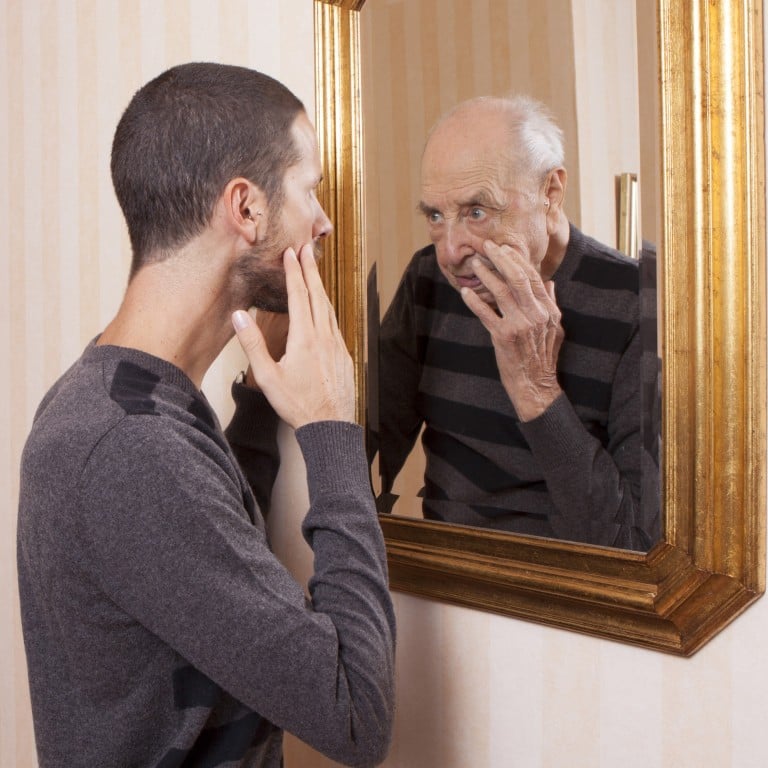
Millennials ageing faster than their parents, studies and experts say; here’s why — and how they can slow the process
- People now in their 30s and 40s are more health-conscious than previous generations yet their health is declining faster than older people’s, studies show
- Experts recommend lifestyle changes – such as eating well and exercising more – and point to Singapore’s example in setting policies to encourage ageing well
Millennials – those born between 1981 and 1996 – are more health-conscious than preceding generations but are seeing their health decline faster than that of their parents as they age.
That is according to a 2020 study from medical insurer Blue Cross Blue Shield in the United States.
Experts suggest this is the case not just in the United States, but in Asia too.
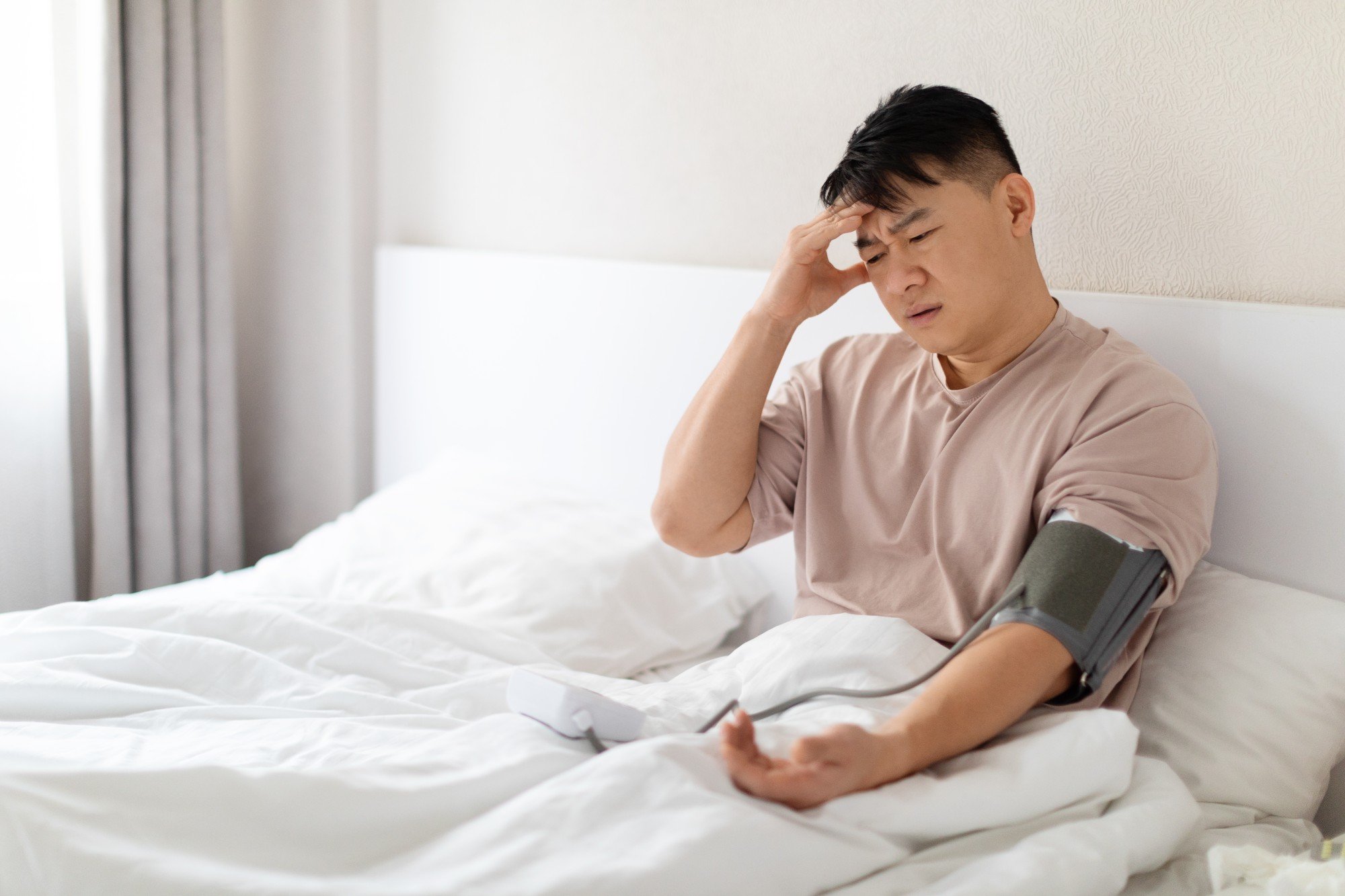
Korean millennials on track to age faster than their parents
Professor Jung Hee-won, of the geriatric medicine department at Asan Medical Centre in Seoul, South Korea, warns that young adults are on track to be the first generation to age faster than their parents.
A gallbladder full of stones: a Chinese daughter learns to manage stress
Jung said a number of factors contribute to this, such as overconsumption of readily available processed foods, including foods with added sugar; physical inactivity; stress; poor work-life balance; and financial difficulties.
Many studies have linked obesity with accelerated ageing, in part because obesity contributes to the DNA damage that occurs with ageing.
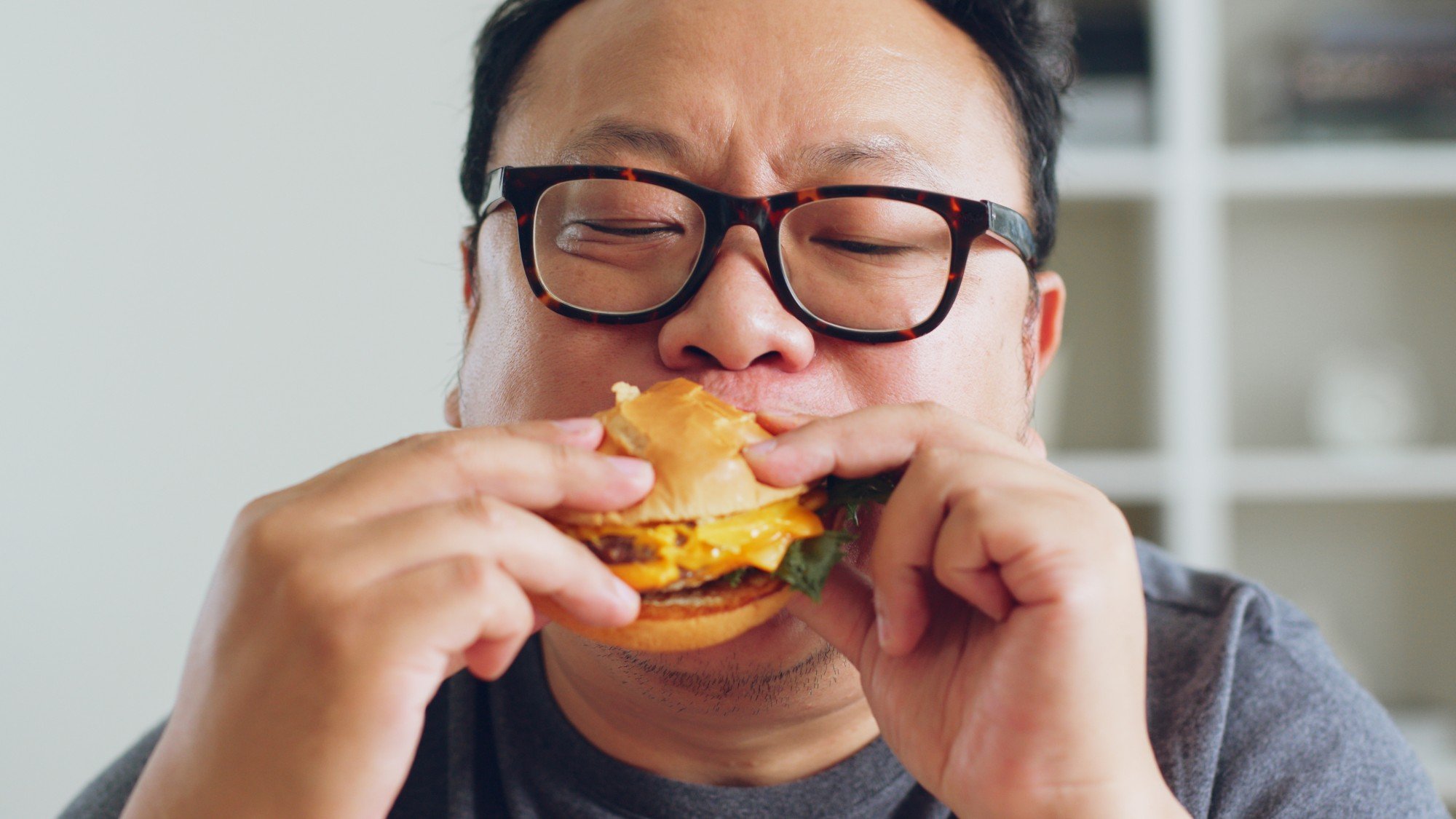
A nationwide study by the Korea Disease Control and Prevention Agency showed more than half of men in their 30s and 40s (54.9 per cent of those in their 30s and 54.2 per cent of those in their 40s) were obese – having a body mass index of more than 25 – in 2021.
Gen Z, millennial travel trends: Instagram-worthy vistas, rural homestays
While the obesity rate in women is not as high as in men – 19 per cent of women in their 30s and 19.7 per cent of those in their 40s, in 2022 – many women are “skinny fat”, Jung says.
They have a relatively high percentage of body fat and a lack of muscle on their arms and legs.
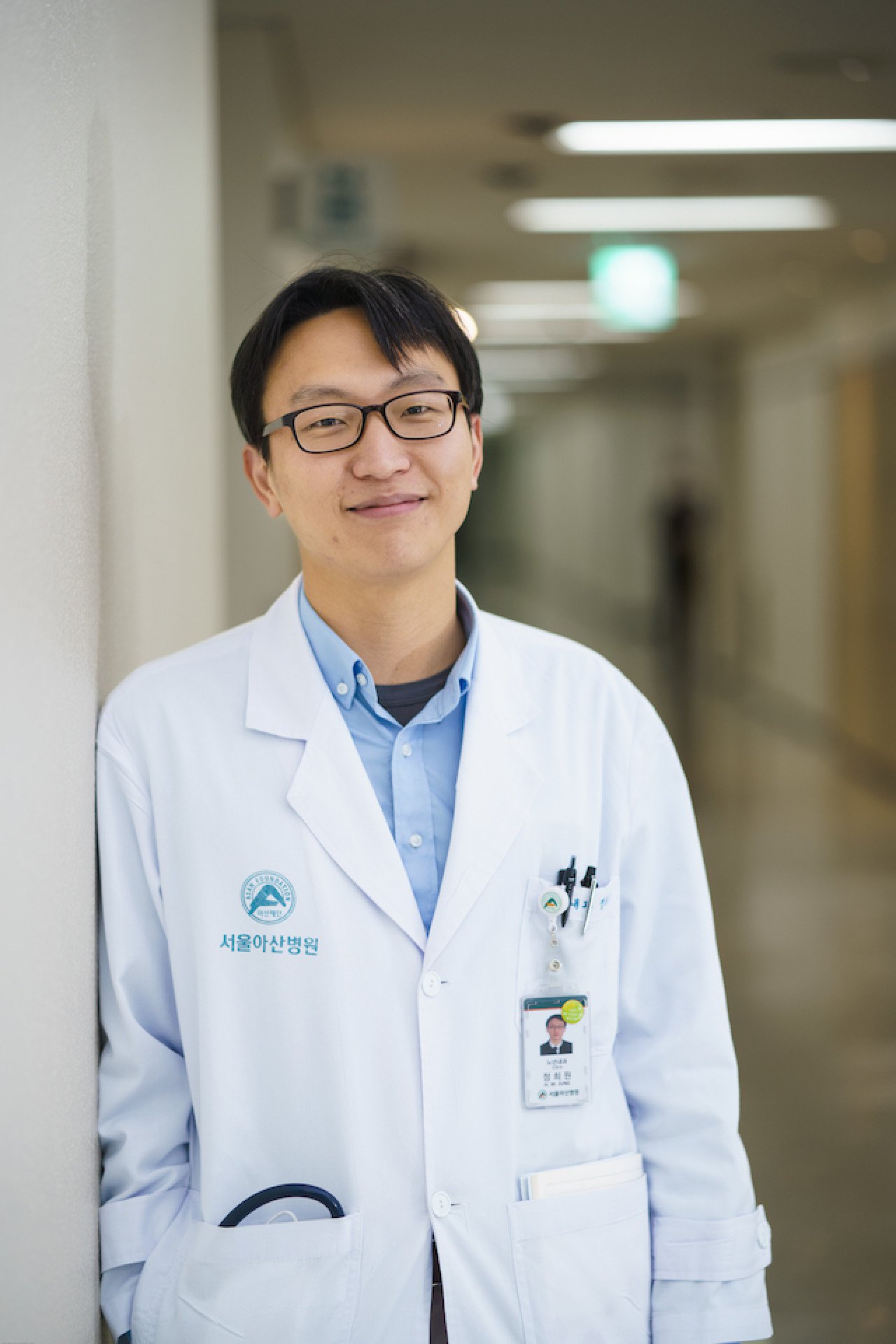
Hong Kong millennials unsatisfied with overall health
Au Yeung Tung-wai, an adjunct associate professor at the Jockey Club Institute of Ageing at the Chinese University of Hong Kong, says there is a growing number of young adults whose biological age – the age of their cells – is greater than their chronological age, the number of years they have lived.
“From my everyday encounters with people and through grip-strength measurement, I think it could be true that millennials may be weaker than their parents [were at] the same age,” he said.
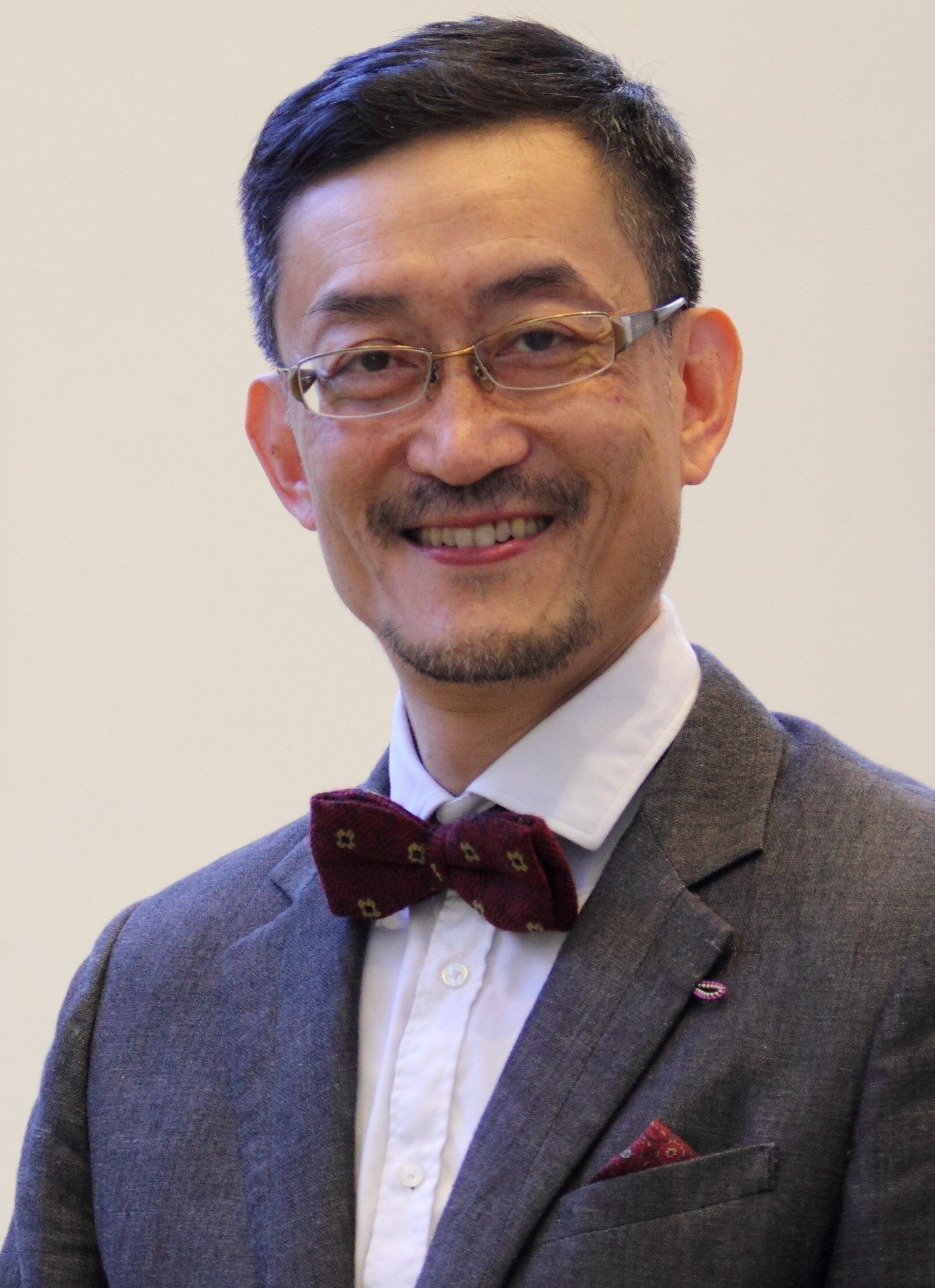
He, too, sees age-associated conditions such as obesity and diabetes developing earlier than before.
The reason?
“In the past, we had to walk and do a lot of physical activities. But after the rapid economic growth in the 1970s, people are working out less and they spend a high proportion of leisure time on social media instead of doing physical activities.”
Chinese AI technology shows people age fastest in their 40s
The findings of a 2022 survey for health insurer Bupa in Hong Kong of 500 millennials aged 25-40 underscore that young adults are not prioritising their health, even though they know they should.
More than six in 10 questioned considered themselves to be health conscious – but fewer than half (48 per cent) were satisfied with their overall health.
Over half (53 per cent) said they do not have enough time to maintain a healthy lifestyle – and 45 per cent reported engaging in physical exercise less than once a week.
Nearly half (48 per cent) believed stress keeps them from being healthier, and said they commonly report office-linked ailments such as shoulder and neck pain, excessive eye strain and headaches.

How to safeguard health
Experts offer several ways for young adults to maintain their health.
“The key to reversing accelerated ageing [is] your lifestyle. You have to remodel your life and manage ‘intrinsic capacity’,” Jung says, referring to the combination of an individual’s physical and mental capacities.
He said this could be done through managing four “M’s”:
-
mobility – walking a lot;
-
medical issues – taking preventive measures such as eating healthily and being active, and getting regular medical check-ups;
-
mentation – meditating, and being focused in the present; and
-
what matters – setting top priorities in life.
One hour a week of strength training ‘lowers risk of death by up to 20 per cent’
Singapore exemplifies society’s role in promoting healthy ageing
Reshma Merchant is an associate professor in the department of medicine at the National University of Singapore.
“If the prevalence of chronic diseases goes up, there’s going to be a loss of productivity as well.”

Blue zones are regions in the world where people are observed to live, or to have recently lived, longer than average.
These include Sardinia in Italy, Okinawa prefecture in Japan, the Nicoya Peninsula in Costa Rica, Icaria in Greece, and Loma Linda in the US state of California.
Want to live longer? 10 diet secrets of people living longest and healthiest
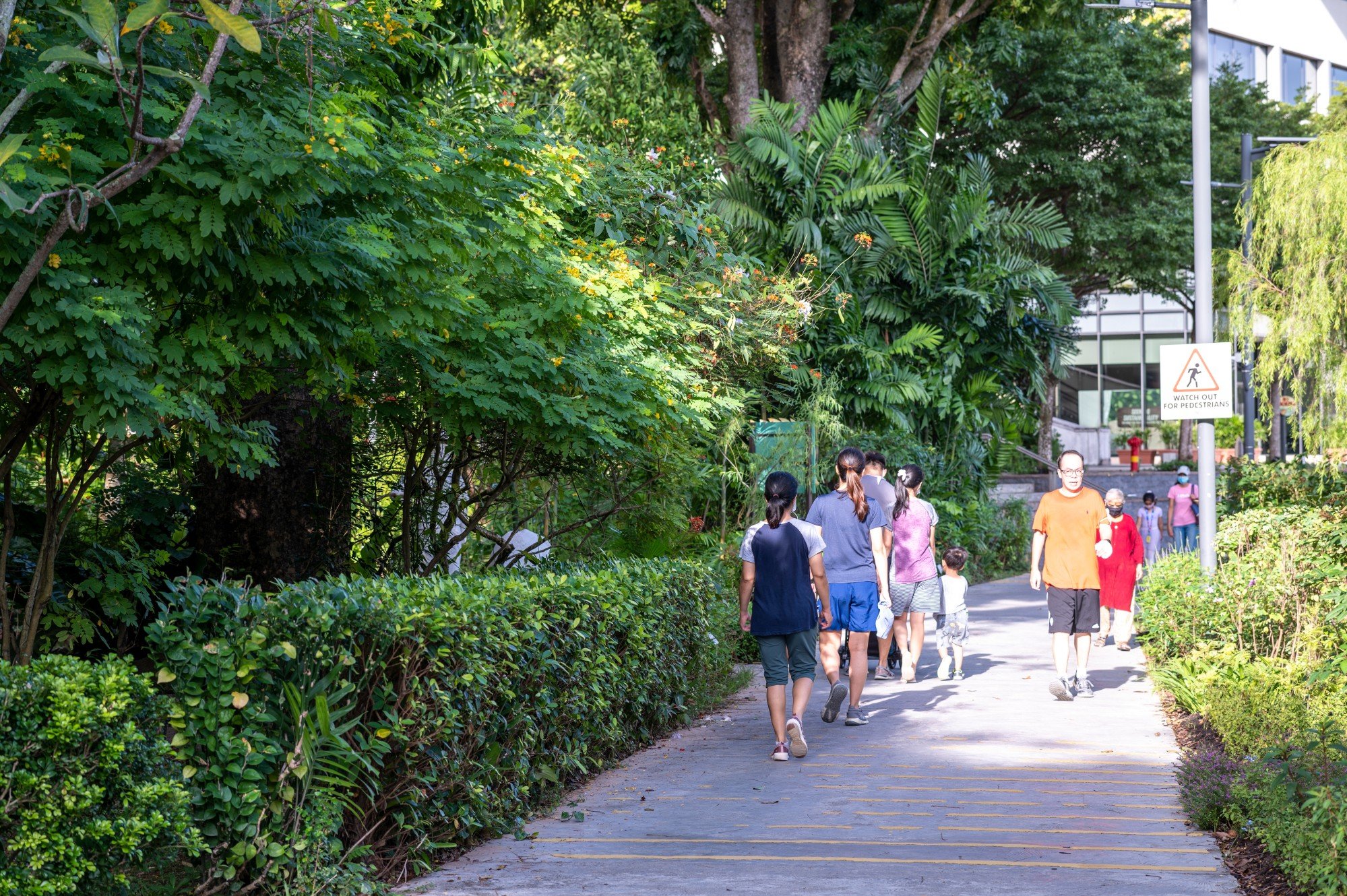
Merchant, who is in her fifties, suggests two main remedies to pre-empt age-related diseases that she uses herself: exercising and eating well.
“After doing this actively over 18 months, all my aches and pains went away.”

